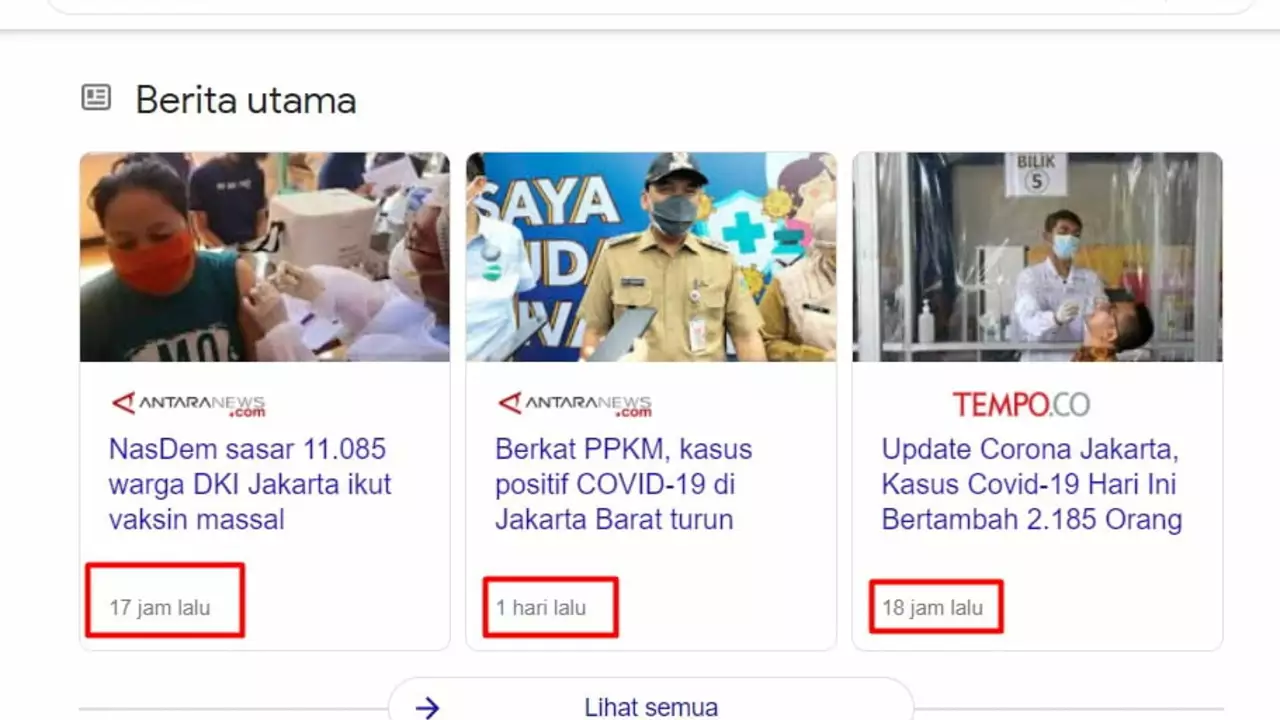SEO for News Sites: Simple, Practical Tips
If your best stories never reach readers, you need SEO that actually works. News sites compete on speed, clarity, and trust. A few focused changes can push your stories higher in search and bring real readers.
Start with a headline that users and search engines both understand. Put the main keyword near the start, keep the headline under 70 characters, and make it specific. Headlines like "Railway Strike Hits Mumbai Suburban Services" out-perform vague titles because they match real queries.
Meta descriptions still matter for clicks. Write a clear 120–155 character summary that tells the reader what value the page offers. Use one main keyword and a compelling reason to click, for example: "Live updates on the Mumbai railway strike and travel tips."
Quick on-page checks
Use short, readable URLs that include the keyword and a date when the post is time-sensitive. Example: /mumbai-railway-strike-2025. Add a single H1 per page and use H2s for subtopics. Keep paragraphs short — news readers scan. Add the primary keyword naturally in the first 100 words, then use related phrases across the article.
Optimize images: use meaningful file names and descriptive alt text that explains the image for both accessibility and search. Compress images so pages load fast on mobile. A slow page loses readers and rankings.
Make your site fast and mobile-friendly
Google prioritizes mobile and speed. Use a responsive design, enable browser caching, and serve scaled images. Measure load time with tools and fix files or scripts that slow the site. A one-second improvement can cut bounce rates and help rankings.
For news, freshness matters. Publish updates and use clear timestamps. If a story develops, add new info and mark updated times so search engines and readers see the latest version. Use structured data (schema) for articles so search engines can show rich results like headlines, images, and publish dates.
Internal links keep readers on your site and signal related coverage to search engines. Link from new articles to background pieces and past reports. Use descriptive anchor text that matches the topic, not generic phrases like "click here."
Keywords are still useful but think like readers. Use short phrases people search for and longer question-style queries for deeper coverage. Check real queries with free keyword tools or your site's search logs. Match article intent: straight news needs clear facts, explainers need step-by-step sections and plain language.
Finally, measure and adapt. Track traffic, search queries, and which headlines get clicks. Test different headlines and meta descriptions for the same article to learn what drives readers. Small, data-driven changes add up fast.
Follow these steps and your reporting will reach more people. Keep posts focused, fast, and useful, and search will start sending readers your way.

Can I rank my sports news website on Google in a week?
Caelum Kingston Jul 26 0In theory, it's possible to rank a sports news website on Google in a week, but practically, it's quite challenging. This involves a complex process including SEO optimization, creating high-quality content, and gaining backlinks. However, Google's algorithms are sophisticated and it can take time for them to recognize and rank new sites. Quick ranking may not always equate to sustainable, long-term visibility. Therefore, patience, consistency and quality work are key elements to successfully ranking your website on Google.
More Detail